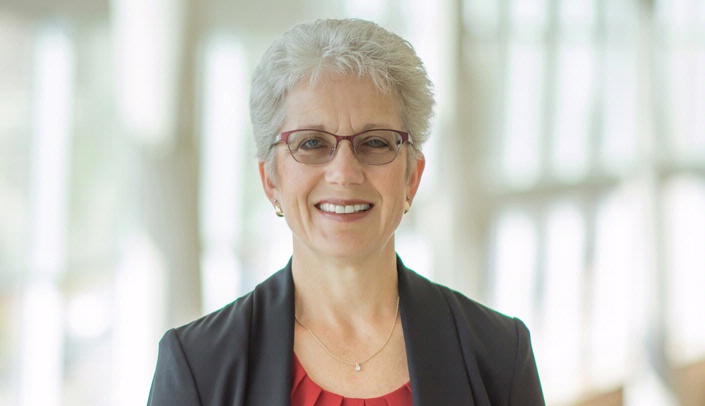A study launched at UNMC is asking rural breast cancer survivors for feedback on an Internet-based support program that provides early and easy access to psychological and social support.
The goals of the program — available to women seven days a week, 24 hours-a-day — are to reduce cancer-related distress to improve quality of life, which also will reduce health care costs.
Through the Breast Cancer Survivors’ Focus Group Study, researchers look to gain feedback and insight to improve the program. The study is open to women diagnosed with early stage breast cancer from one month to 10 years ago and who live in a rural area of Nebraska. The program ultimately will be expanded to more rural, newly diagnosed women in other states.
Women will be asked to explore an Internet-based program called CaringGuidance After Breast Cancer Diagnosis, on a computer or mobile device. They also will participate in a one-hour focus group with other women. Several dates and times will be available.
“We know that 30 percent of women diagnosed with breast cancer experience significant cancer-related distress, and in the first year after diagnosis the incidence of depression doubles,” said Robin Lally, Ph.D., professor in the UNMC College of Nursing Omaha Division who specializes in psychological and social issues of cancer and is a member of the Fred & Pamela Buffett Cancer Center. “The program provides support such as strategies for coping, validation of thoughts and concerns, problem-solving, and stress reduction.”
Dr. Lally said she thinks the program is ideal for rural women.
“We know psychological care is not readily available in rural communities. It’s difficult to have a chance to talk to other women when you’re quite isolated. Women have said our program is like a support group in a box — they didn’t have to go anywhere for support,” she said.
Dr. Lally spent two years developing the program with input from a team of 20 survivors, oncology nurses, psychologists, physicians and academics in upstate New York, where she previously conducted her research.
The study is funded through a health disparities grant by the UNMC Vice Chancellor for Research Office.
Other collaborators in the study include Elizabeth Reed, M.D., UNMC College of Medicine, Christine Eisenhower, Ph.D., UNMC College of Nursing Northern Division, Ashok Mudgapalli, Ph.D., UNMC Office of Research Information Technology, and Kevin Kypzyk, Ph.D., College of Nursing Omaha Division.

I know someone in rural Nebraska who may be interested. Who would she contact?